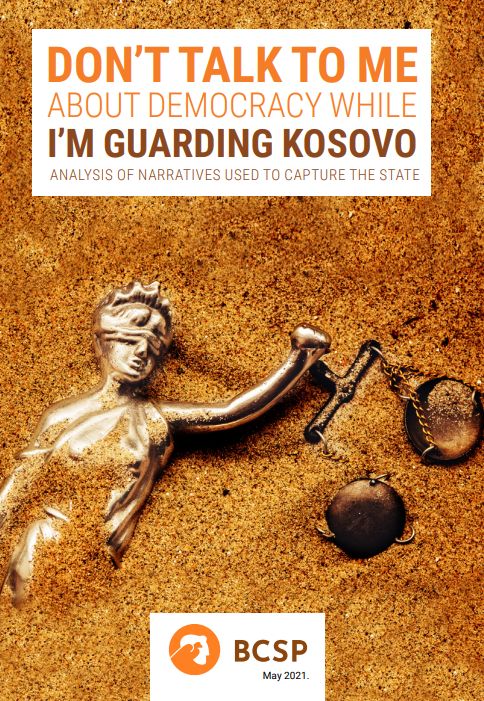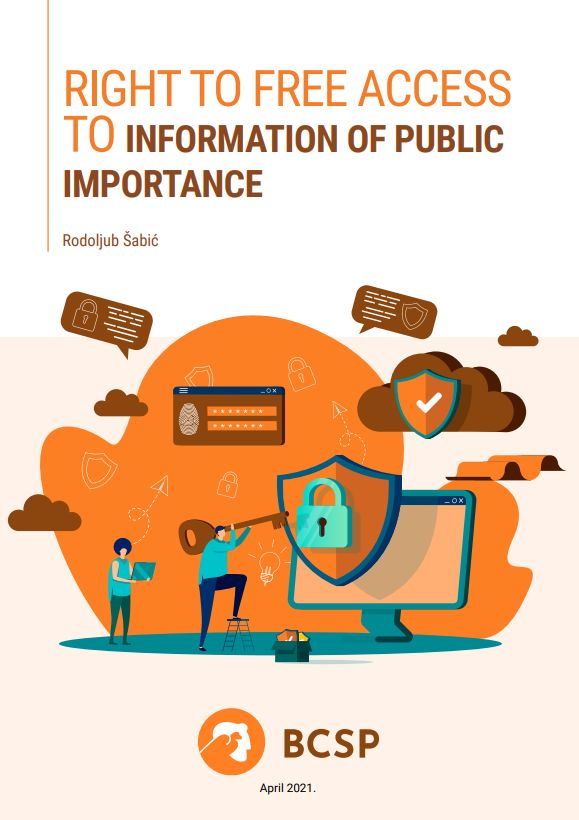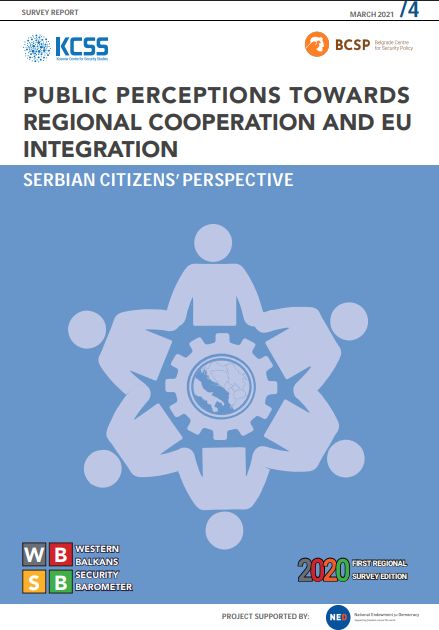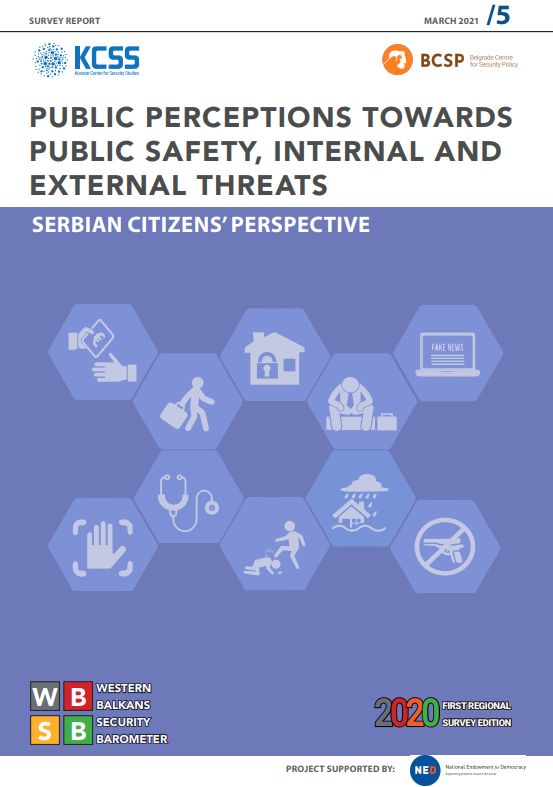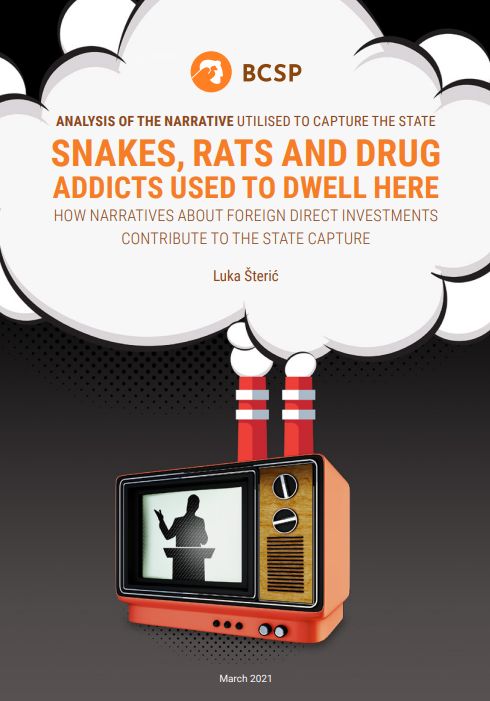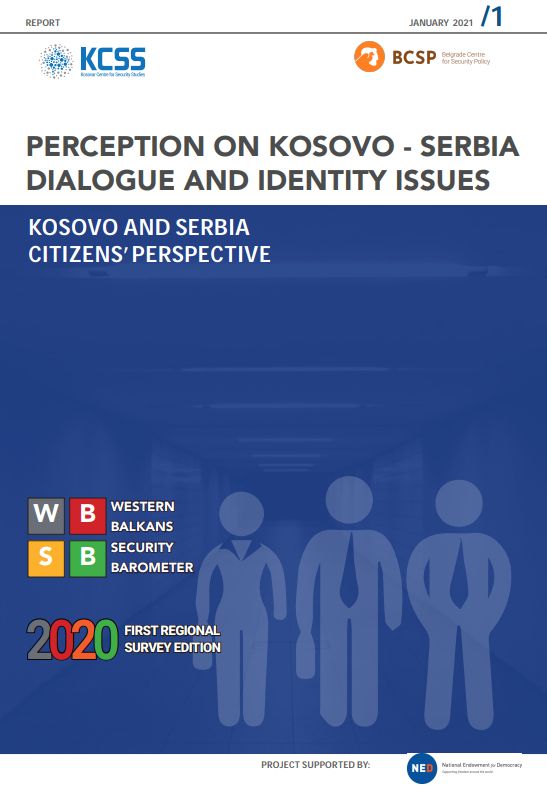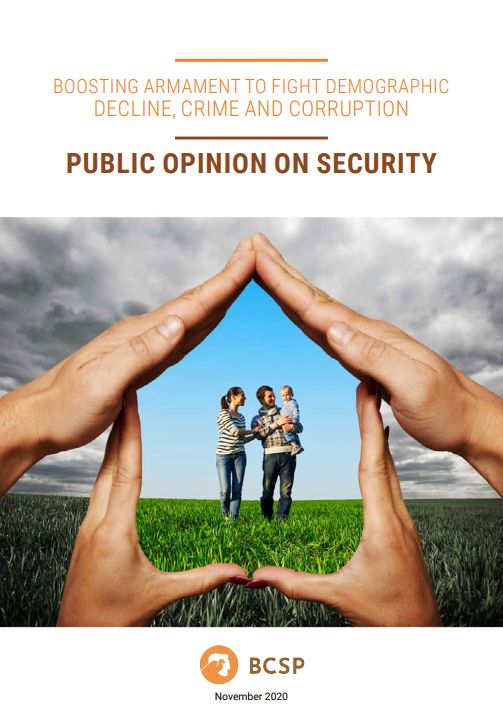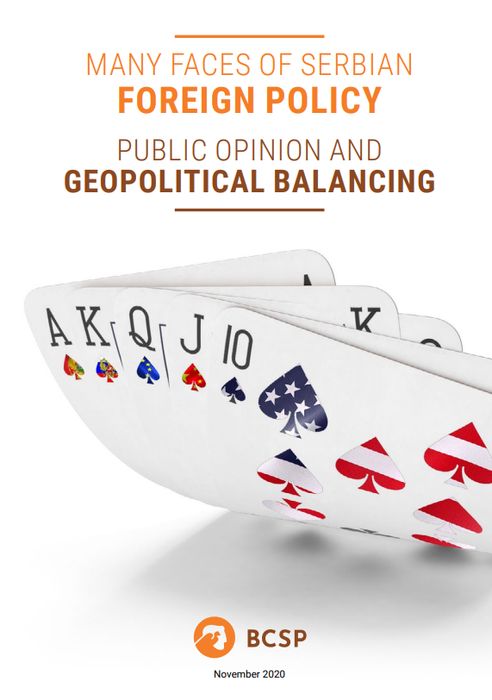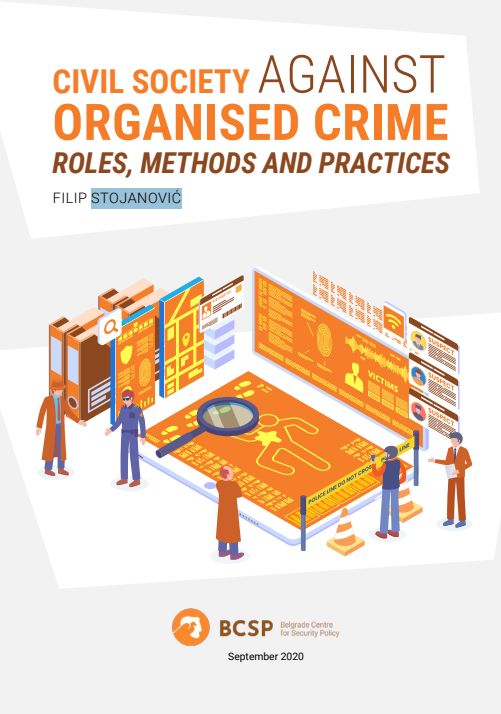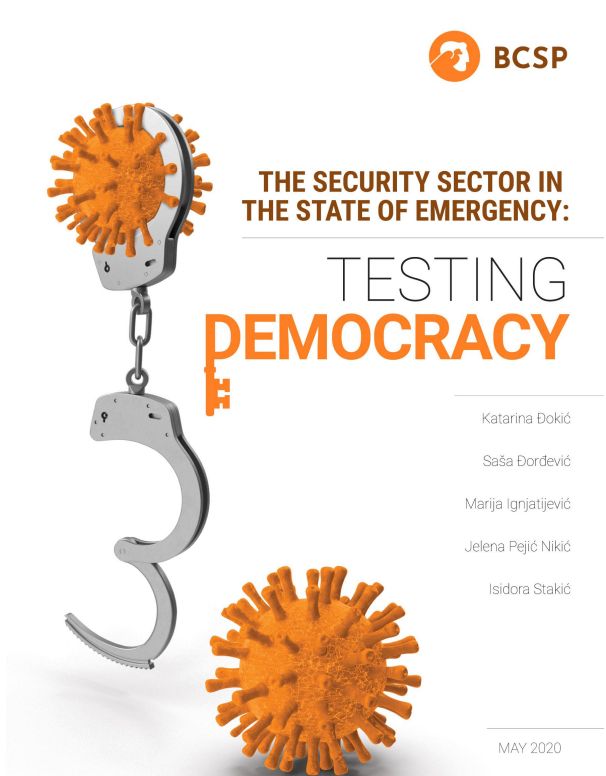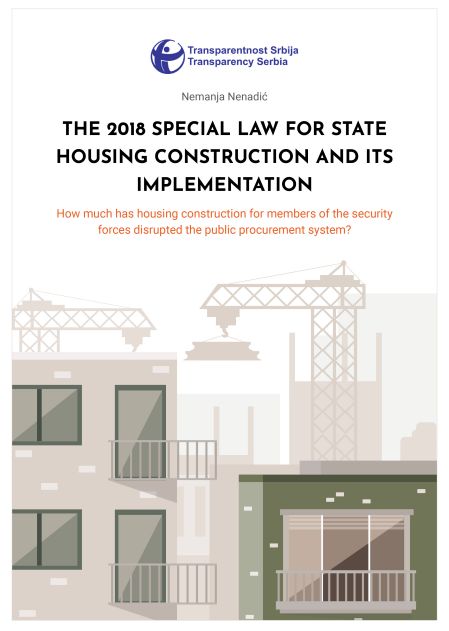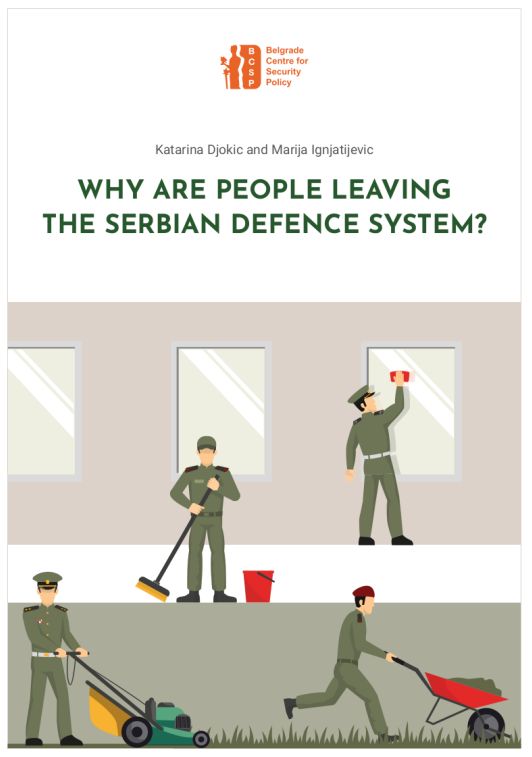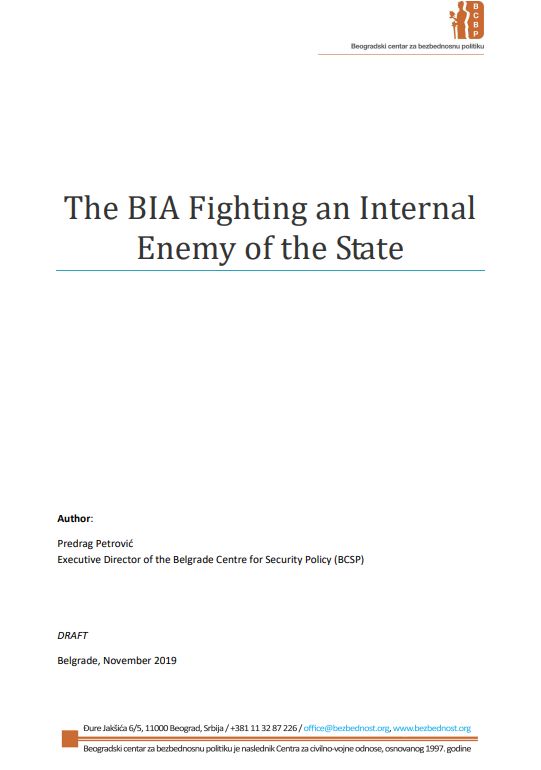
Murder of the Law – No Justice for Mountain Rivers
Murder of the Law – No Justice for Mountain Rivers
Keywords: Activism; Serbian Security Policy
On 15 August 2020, activists from all parts of Serbia have gathered in the vicinity of the village of Rakita and removed part of the pipeline of the mini hydro power plant “Zvonce” (“Little Bell”) on the Rakita River. This was one of the largest initiatives of environmental activists (as well as other citizens interested in environmental protection) in the last few years in Serbia. The action was, in fact, a reflection of an increasing number of initiatives and movements that deal with endangered environment, and an increasing number of examples where investors endanger the environmental safety, both of citizens and beyond. In order to fully understand how and why the construction of MHPPs on the Rakita River became a national-level topic, the Belgrade Centre for Security Policy – in cooperation with the movement “Let’s Defend the Rivers of Stara Planina [Old Mountain]” – developed a case study to better understand the context, activities and problems that led to the “Rakita issue” becoming a topic that attracted the attention of a large number of citizens of the Republic of Serbia.
More...

